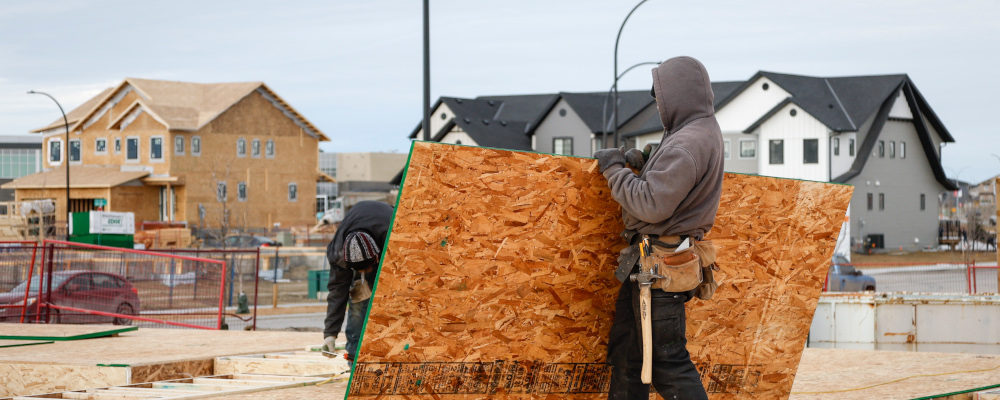Hub contributor and smart policy guy Ken Boessenkool has written a recent piece1Looking to fix housing? Run for mayor, not prime minister advocating for a hands-off approach to housing affordability by the federal government given that the issue might be best addressed by lower levels of government.
I hope that summary does his argument for subsidiarity justice. Make sure you read it for yourself, in case it doesn’t.
I’m going to take the other side of that argument.
I think the next Conservative prime minister should tackle this issue head-on, for two reasons.
First, it’s good politics.
Second, it’s good policy.
Let’s start with the politics.
In September of last year, in the midst of the 44th federal election campaign, Leger’s polling team published their results from a survey asking Canadian voters to rank a long list of election issues in terms of priority.2Poll shows affordability on mind of Canadian voters — campaigns are listening
Number one on that list was cost of living. Number six on that list was housing affordability.
Numbers three and four, by the way, were pandemic related. If we were to drop them to reflect our new post-pandemic reality, cost of living and housing affordability would place squarely as two of the top four issues that Canadian voters care most about.
Federal Conservatives need to talk about that, and they need to pitch some solutions.
Yes, they can talk about monetary policy. Yes, they can talk about government-backed mortgage insurance.
But they need to also talk about the fundamental problem: housing in Canada is expensive because there’s not enough of it, and there’s not enough of it because NIMBY homeowners have captured municipal planning regimes and pushed for the introduction and enforcement of an ever-increasing list of regulatory supply constraints.
Our housing problem is a problem of enforced scarcity.3It’s no wonder housing is so expensive. We don’t build anything
Canada’s politicians need to pitch solutions to that fundamental problem.
If they don’t, they’re not taking one-and-a-half (cost of living is mostly housing, but it’s more than housing) of the top four issues that voters care most about seriously, and they’ll lose.
Now, policy.
Ken opens his piece with a maxim: less government is preferable to more government.
I generally agree.
If the federal government were to issue block grants to municipalities that deregulated land use, would the outcome be less government or more government?
If the federal government were to require land-use deregulation as a condition of infrastructure funding, would the outcome be less government or more government?
Ten out of ten homebuilders would agree on the answer to both of those questions.
There is a categorical difference in the subsidiarity debate between a higher level of government pushing deregulation as opposed to new regulation that needs to be acknowledged.
Conservatives also care about Canadians having access to good jobs, good housing options within reasonable commuting distances of those jobs, and the time and money and space to get married, have kids, and raise families, if they so choose, in a country that is making progress in terms of productivity and economic growth. All while being good stewards of the planet.
And yes, we generally agree that market mechanisms and emergent order are more conducive to achieving those outcomes than state planning and intervention.
It’s hard to overstate how important it is to those outcomes that we make it easier—by reducing the scope and scale of state planning and intervention—to build more housing in our high productivity regions.
The housing affordability crisis could in theory be resolved by municipal governments. But it hasn’t.
It could in theory be resolved by provincial governments. And though I think we’ve seen some progress at this level and are about to see much more in the coming years, particularly in Ontario4Five excellent recommendations from Ontario’s Housing Affordability Task Force report and B.C., it hasn’t.
The crisis persists.
I don’t think federal Conservatives (while remaining viable) could or should ignore it.




